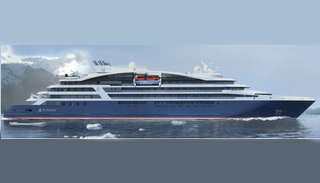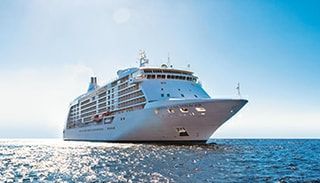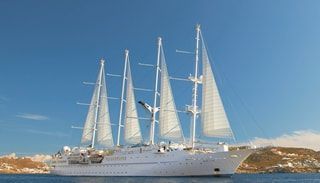Greece
Greece is considered the cradle of Western civilization, being the birthplace of democracy, Western philosophy, the Olympic Games, Western literature, historiography, political science, major scientific and mathematical principles, and Western drama. From the eighth century BC, the Greeks were organised into various independent city-states, known as polis, which spanned the entire Mediterranean region and the Black Sea. Philip of Macedon united most of the Greek mainland in the fourth century BC, with his son Alexander the Great rapidly conquering much of the ancient world, spreading Greek culture and science from the eastern Mediterranean to the Indus River. Greece was annexed by Rome in the second century BC, becoming an integral part of the Roman Empire and its successor, the Byzantine Empire, wherein the Greek language and culture were dominant. The Greek Orthodox Church also shaped modern Greek identity and transmitted Greek traditions to the wider Orthodox World. Falling under Ottoman dominion in the mid-15th century, the modern nation state of Greece emerged in 1830 following a war of independence. Greece's rich historical legacy is reflected by its 18 UNESCO World Heritage Sites, among the most in Europe and the world.
Two if by Land, Three if by Sea
Private Tours
Select Cruises
Call us: (305) 442-2008
Toll-Free: (800) 399-5597





Wyllys Professional Travel, Inc is registered with the State of Florida as a Seller of Travel. Registration No. ST35977
All Rights Reserved | Wyllys Professional Travel






